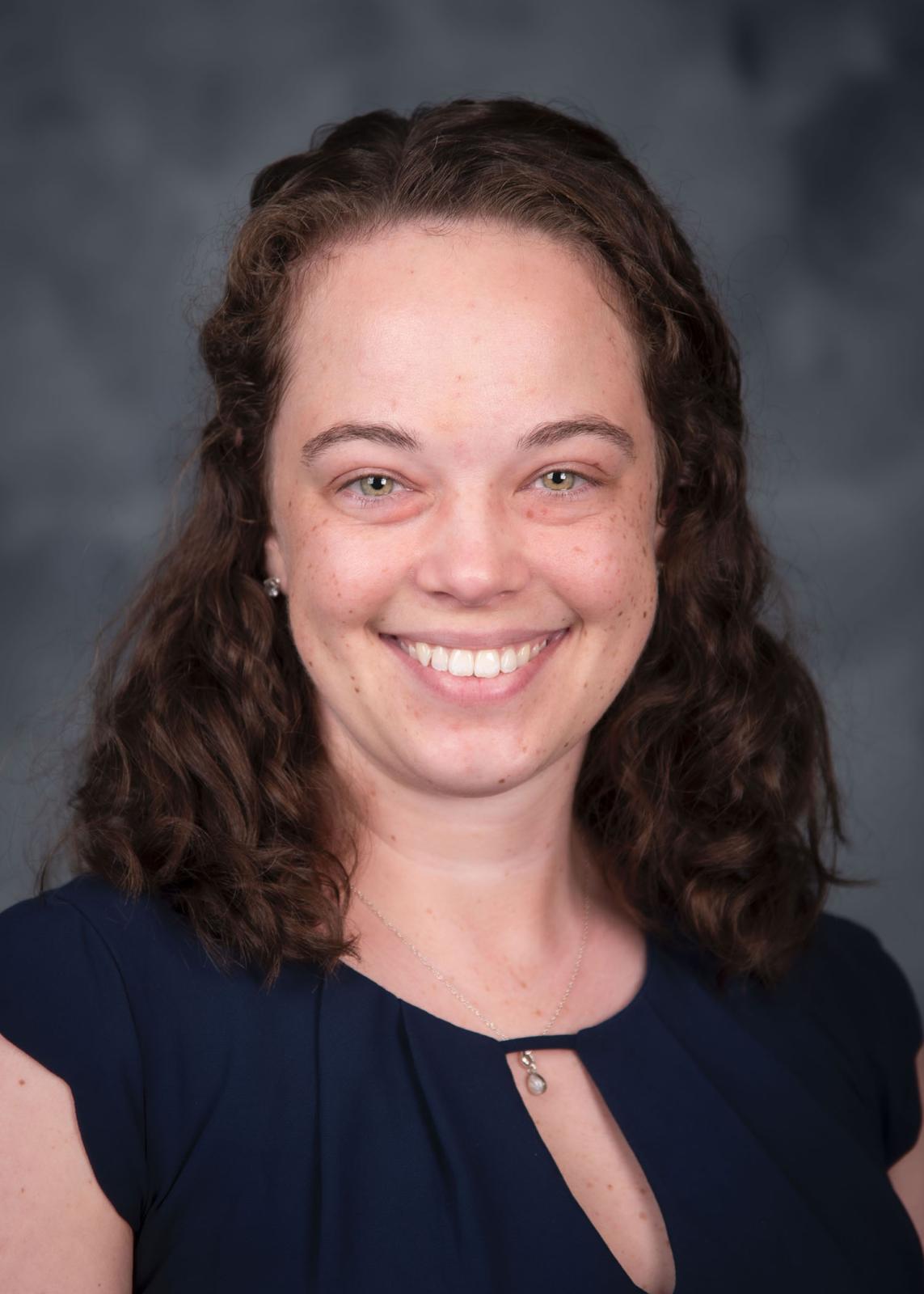
(Photo by Tom Thompson)
By Alaina Dismukes
The Global Center for Aquatic Health and Food Security (GCAHFS) welcomes a new addition to the Mississippi State University Gulf Coast Aquatic Health Lab, located on the Mississippi coast. Alexandra Emelianchik joins GCAHFS as a clinical instructor who will be assisting with the rescue, rehabilitation, and release of stranded sea turtles, performing necropsies on deceased marine mammals and sea turtles, and conducting research. Additionally, she will mentor veterinary students through the MSU College of Veterinary Medicine (CVM) laboratory services rotation.
“I am looking forward to educating the public about the amazing creatures that inhabit the Gulf of Mexico and the current challenges these animals face,” Emelianchik said. “I hope to inspire individuals to have a positive impact on our oceans. If you can make one person passionate about saving our planet it has a ripple effect which turns into a wave of change.
“I plan to use my skills to save marine mammals and sea turtles through involvement with hands-on rescues and contributions to cause of death investigations and valuable research being done in the MSU Gulf Coast Aquatic Health Lab.”
Emelianchik graduated in 2018, receiving magna cum laude honors, with a Bachelor of Science in Zoology from the University of Florida. In 2022, she received her Doctor of Veterinary Medicine and certification in Aquatic Animal Medicine from the University of Florida. Upon graduation, she finished a small animal rotating internship at VCA Hollywood Animal Hospital in Hollywood, Florida, in 2023. She then moved to Boston, Massachusetts, and completed a specialty internship in avian and exotic animal medicine and surgery at Angell Animal Medical Center in 2024.
“We are excited to have Dr. Emelianchik join our growing team,” said Beth Peterman, project manager for the Gulf Coast Aquatic Health Lab and CVM assistant clinical professor. “She brings tremendous clinical experience and expertise in aquatic veterinary medicine, which bolsters our capabilities on the Mississippi Gulf Coast.”
The Global Center for Aquatic Health and Food Security works to reduce world hunger and improve aquatic animal health; it is affiliated with the College of Veterinary Medicine. To learn more about GCAHFS and the MSU Gulf Coast Aquatic Health Lab, go to www.gcahfs.msstate.edu.